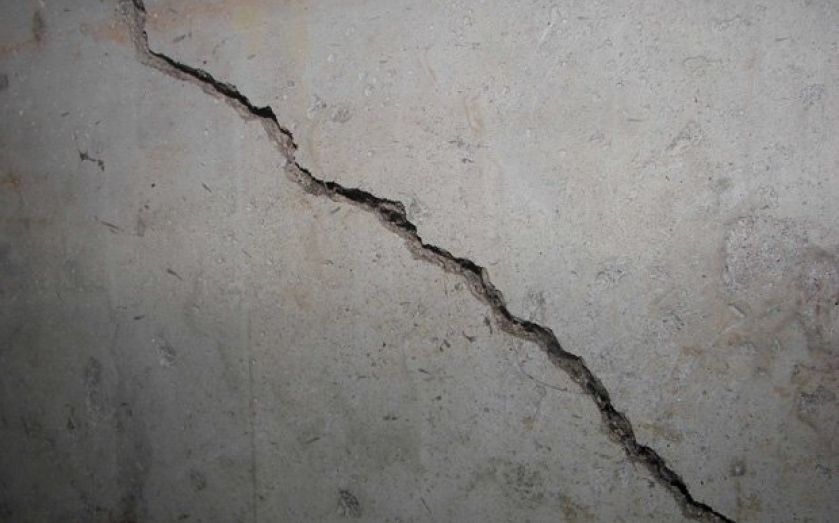There’s a screaming silence about the death of individual responsibility

A VOCAL lobby is busily advocating the need to rebalance the UK economy. But there is a screaming silence around the question of whether we need to rebalance society.
What does this mean? It’s the need to raise the level of social capital – the values and ethical worldview that put individual virtue, freedom, responsibility and opportunity at the heart of society. Emphasising the dignity of the individual over the domineering of the state, Western civilisation was built on these values. But the walls are now collapsing, the foundations crumbling.
Does it matter? You bet it does. Just as a company can’t live off physical capital that hasn’t been renewed in decades, neither can countries live off the social capital of previous generations – for too long. The depreciation of social capital requires replacement investment and it’s not forthcoming.
There are economic considerations. Imagine a long-term growth model. Potential output is driven by the quantity and quality of human and physical capital, together with the efficiency (productivity) with which we bring them together. Social capital speaks powerfully to each. The quality of labour is determined by honesty, hard work, and giving. The quality of capital is determined by a financial system rooted in my word is my bond. Productivity is enhanced by the work ethic and trust. To the extent that capitalism in the West abandons the values in its roots, it becomes an uglier process, and greed wins out over giving.
Sadly, we’ve chosen a bureaucratic welfare state over the Good Samaritan crossing the road. Social capital is eroded by this choice. An act of kindness by government isn’t an act of kindness, it’s merely an act. Social capital would be enhanced if you or I gave money to a neighbour in need: the receiver is blessed materially, the giver by a sense of a life well lived, and society by the stronger social relationships that result. Compare that with a welfare state, where social bonds are pulled apart. Material needs may be provided for, but relational needs are nowhere to be seen.
Social capital may raise all sorts of measurement challenges. But it tends to be depleted by the state, and enhanced by individual action. The tragedy is that public policy is typically led by what we can measure. Consequently, as social capital is an empirical challenge, governments have an excuse to ignore it.
Those who read this column regularly will be familiar with me banging the drum in support of a smaller state. But if that battle is to be won, the positive case, built on social capital, has to be compelling. A society built on individual bonds and acts of kindness is richer because ultimately it is more compassionate. This is the irony. Small state advocates are normally pilloried as callous. But this model is all about individual responsibility not individualism.
The case for a small state is built on the head and the heart. The head understands it would be a more efficient society. The heart understands it would also be more compassionate. The end result would be far more economic and social capital.
Imagine a world where you think more about the new charity you want to form than the car you want to buy; where positive attitudes towards wealth creation are based just as much on the opportunities to give it bestows, as the material blessings it provides.
This is this century’s challenge. Will individuals serve the state or the state serve the individual, by getting out of the way? Will the private sector step forward if the public sector steps back? After a century of welfare and statism, that has to be a concern. But if we want a truly prosperous future, that is a risk we will have to take.
Graeme Leach is director of economics & prosperity studies at the Legatum Institute.